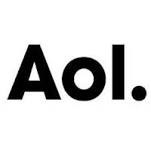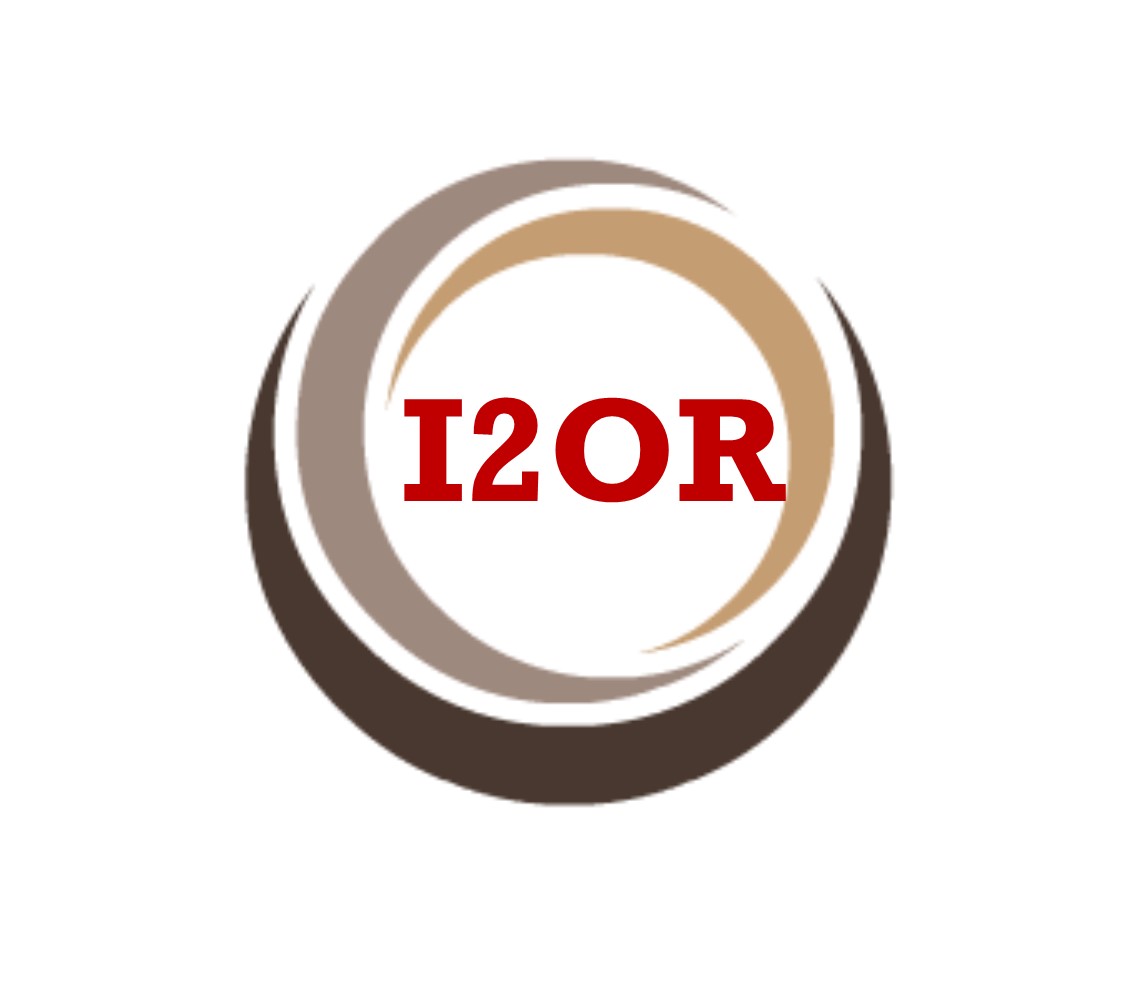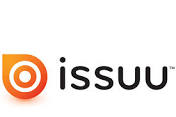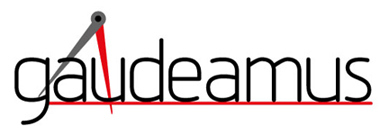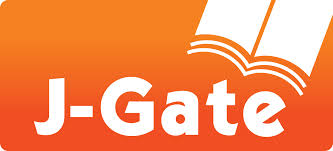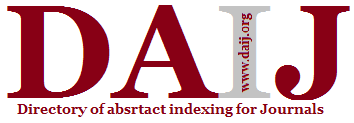Peer Review & Ethics Policy
BINARY PEER REVIEW PROCESS
The International Journal of Business Quantitative Economics and Applied Management Research (IJBEMR) is committed to publish only original articles which are not considered for publication elsewhere and have not been previously published. All the authors of an article jointly accept the responsibility for the submitted manuscript.
The International Journal of Business Quantitative Economics and Applied Management Research (IJBEMR) uses binary peer review system to ensure originality, timeliness, relevance, and readability. Because of its mentoring nature IJBEMR binary peer review process also helps author(s) to remove any errors or gaps in manuscript mistakenly overlooked and assist in making the research more applicable in real time.
All manuscripts will be binary peer reviewed prior to publication. All the articles are verified with Plagiarism Detector software. The whole review process depends on receiving referees comments and revising the manuscripts according to them. IJBEMR will try to make the time between submission and final decision as short as possible. On receipt of the revised article from the author, and after final approval by referees and associated editors, the email of acceptance is issued to the author. If, after due process, a paper is found to contain ethical violations, it will be rejected or withdrawn.
EDITORIAL CUM REVIEWERS BOARD MEMBERS RESPONSIBILITIES
- Timely Reviews: Commit to providing thorough and prompt evaluations within the stipulated deadlines.
- Constructive Feedback: Offer detailed, specific, and polite feedback to help authors improve their work, avoiding vague or subjective comments.
- Originality and Significance: Evaluate the novelty and contribution of the paper in its respective field,
considering any advancements or unique perspectives presented. - Data Integrity and Validity: Verify the accuracy and reliability of the data presented, ensuring appropriate data cleaning, preprocessing, and validation techniques have been applied.
- Confidentiality: Maintain the confidentiality of submitted manuscripts and not disclose any information during or after the review process.
- Analysis and Evaluation: Assess the methodology used for collecting and analyzing data, including any relevant techniques or algorithms employed.
- Conflict of Interest Disclosure: Identify and disclose any potential conflicts of interest to ensure impartiality
in the review process.
DUTIES OF AUTHORS
Reporting standards
Authors of reports of original research should present an accurate account of the work performed as well as an objective discussion of its significance. Underlying data should be represented accurately in the paper. A paper should contain sufficient detail and references to permit others to replicate the work. Fraudulent or knowingly inaccurate statements constitute unethical behavior and are unacceptable.
Data Access and Retention
Authors may be asked to provide the raw data in connection with a paper for editorial review, and should be prepared to provide public access to such data, if practicable, and should in any event be prepared to retain such data for a reasonable time after publication.
Originality and Plagiarism
The authors should ensure that they have written entirely original works, and if the authors have used the work and/or words of others that this has been appropriately cited or quoted.
Multiple, Redundant or Concurrent Publication
An author should not in general publish manuscripts describing essentially the same research in more than one journal or primary publication. Submitting the same manuscript to more than one journal concurrently constitutes unethical publishing behavior and is unacceptable.
Acknowledgement of Sources
Proper acknowledgment of the work of others must always be given. Authors should cite publications that have been influential in determining the nature of the reported work.
Authorship of the Paper
Authorship should be limited to those who have made a significant contribution to the conception, design, execution, or interpretation of the reported study. All those who have made significant contributions should be listed as co-authors. Where there are others who have participated in certain substantive aspects of the research project, they should be acknowledged or listed as contributors only.
The corresponding author should ensure that all appropriate co-authors and no inappropriate co-authors are included on the paper, and that all co-authors have seen and approved the final version of the paper and have agreed to its submission for publication.
Hazards and Human or Animal Subjects
If the work involves chemicals, procedures or equipment that have any unusual hazards inherent in their use, the author must clearly identify these in the manuscript.
Disclosure and Conflicts of Interest
All authors should disclose in their manuscript any financial or other substantive conflict of interest that might be construed to influence the results or interpretation of their manuscript. All sources of financial support for the project should be disclosed.
Fundamental errors in published works
When an author discovers a significant error or inaccuracy in his/her own published work, it is the author’s obligation to promptly notify the journal editor or publisher and cooperate with the editor to retract or correct the paper.











